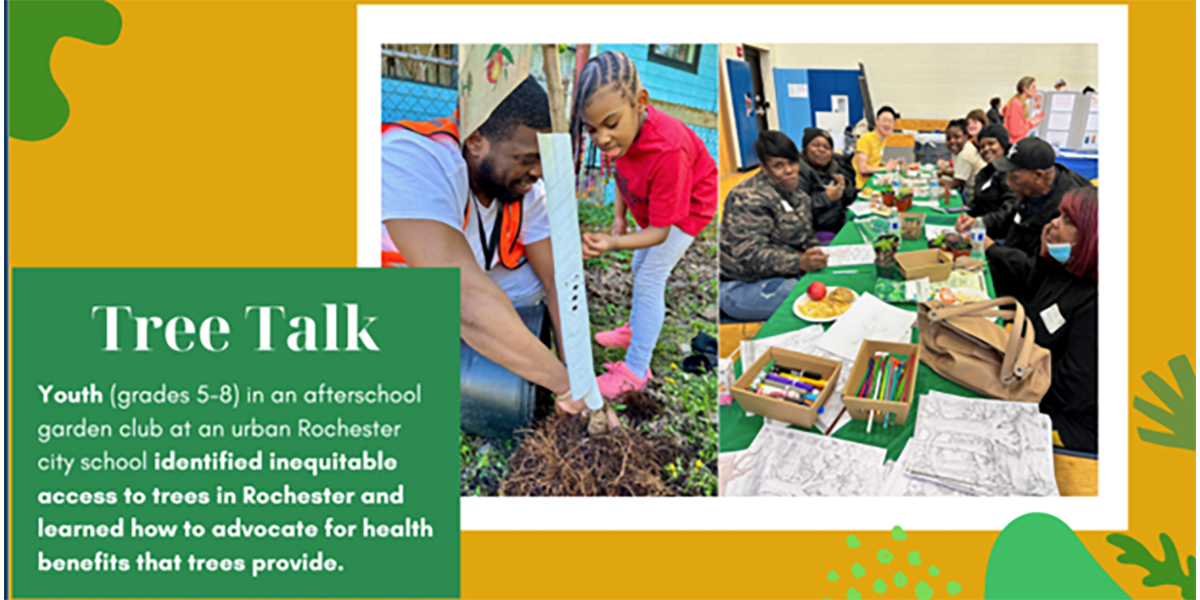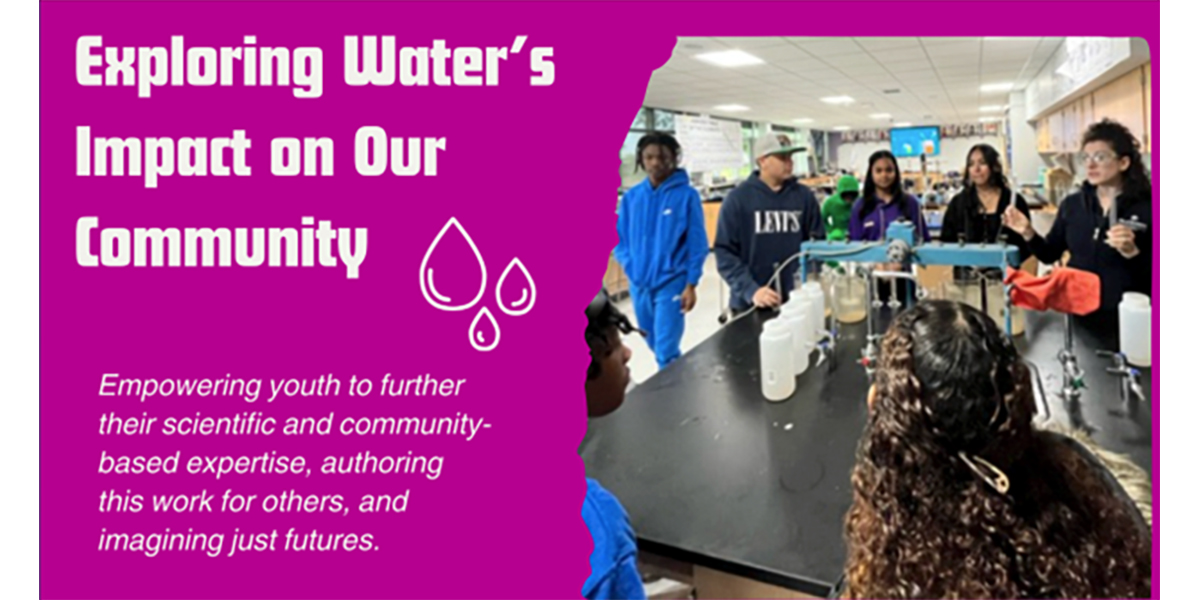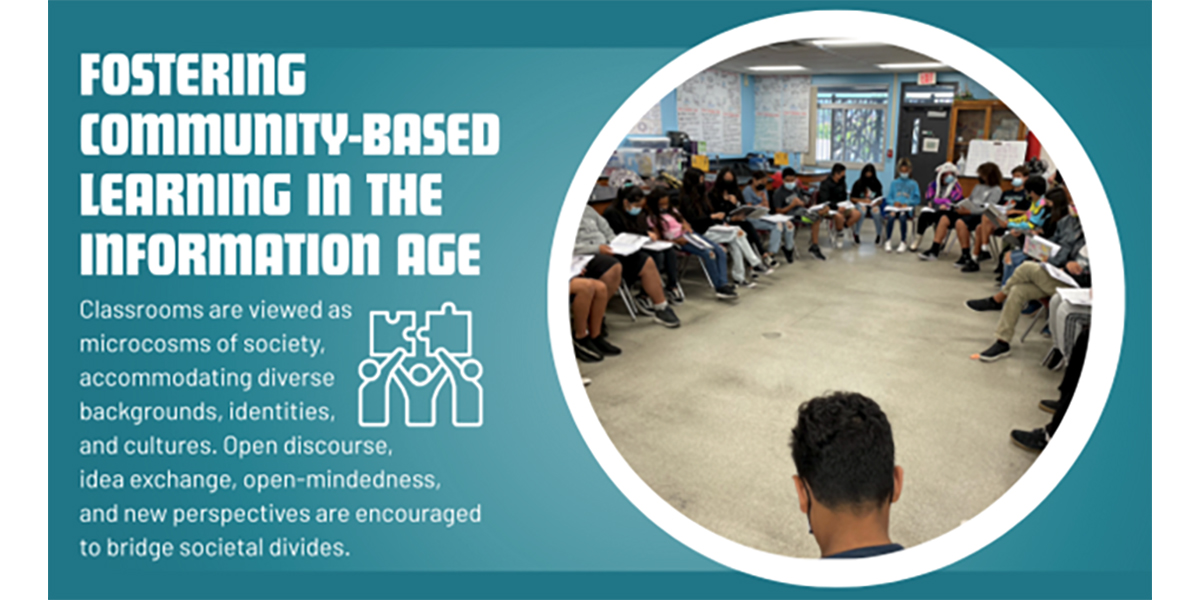Education and Career Development
Education and Career Development
The IHHE Exploration Grant is an award awarded to 5-8 undergraduate students each year to support their engagement in mentored, lab-based summer internships. Core to undergraduate learning, engaging in authentic mentored research offers students opportunities to develop scientific skills, uncover often hidden aspects of the complex world of research, and build professional connections.
We invite you to meet the 2025 Exploration Grant recipients
Mission

To grow educational and career development opportunities related to the intersection between human health and the environment across diverse audiences through collaborations across our institution, community and world.
The Institute supports education and career development across all stages. In K-12, we engage learners in asking and actively investigating how humans are deeply embedded in ecosystems that are impacted by our environment. At the college level, we explore new pathway initiatives to help undergraduate and graduate students and postdoctoral fellows take the next step in their education and careers. These efforts include the development of new coursework, research opportunities for undergraduates, and training or education grants.
Career Development & Education Leadership Team
- Alison Elder, PhD, Environmental Medicine/Toxicology Program – Co-Leader
- April Luehmann, PhD, Warner School of Education – Co-Leader
- Sandra Jee, MD, MPH, Pediatrics
- Dina Markowitz, PhD, Life Sciences Learning Center
- Camille A. Martina, PhD, Public Health Sciences
- Lewis Rothberg, PhD, Chemistry
- Sally Thurston, PhD, Biostatistics & Computational Biology/Environmental Biostatistics Program
- Karen Wilson, MD, MPH, Pediatrics
- Edwin van Wijngaarden Public Health Sciences
Educational Opportunities
- PHLT 203-1 - Undergraduate: Principles of Toxicology — Description and Syllabus
- Healthy Planet, Healthy Lives: Uncovering the Connection between Environment and Health - Pre-college Course for Summer 2025 — Description


